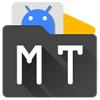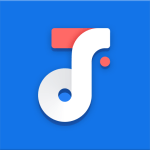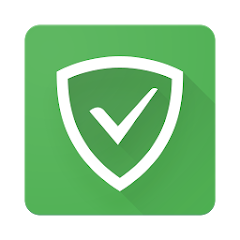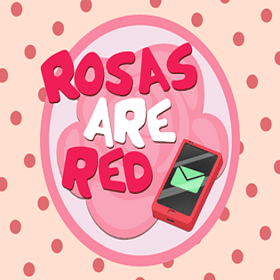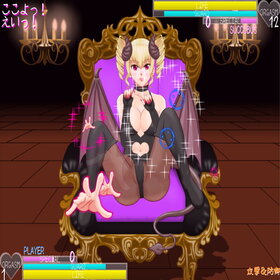What is digital currency?
Oct 31, 2024
What is a blockchain?
Blockchain is essentially a decentralized database, which does not depend on the third party, but stores, verifies, transmits and communicates network data through its own distributed nodes. Blockchain can be divided into public (owned) chain, private (owned) chain and alliance chain according to its openness. Public chain is a kind of blockchain with the highest degree of openness in practical application.
There is no rigid requirement for the right to participate in the public chain, and any individual or organization can join and quit freely. All data records on the public chain are open and transparent, and anyone can participate in the consensus process. The public chain is considered as a completely decentralized blockchain that is not controlled by institutions. The most typical representative of the public chain is the Bitcoin system, which is open to everyone, and everyone can become a node, verifier and user in the Bitcoin system. The information in the Bitcoin system is completely open and transparent.
The relationship between blockchain and digital currency
The relationship between digital currency and blockchain can be discussed in two points. First, blockchain technology is the underlying technology in digital currency. Second, digital currency is an application based on blockchain technology.
What is Bitcoin?
The most representative digital currency is Bitcoin, which was put forward by an unknown individual or group under the pseudonym "Satoshi Nakamoto" on October 31st, 2008, and was created as an open source project in 2009.
Bitcoin is a decentralized digital currency in the form of Peer to Peer (P2P). Peer-to-peer transmission means that it is a decentralized payment system, and transactions are verified and recorded in a decentralized ledger called blockchain.
Bitcoin does not depend on any organization or individual to issue, but is generated by a large number of calculations through the workload proof mechanism, which is also commonly known as "mining". Its total amount is limited, only 21 million pieces. At present, more than 18.69 million pieces have been dug up. It is estimated that all bitcoins will be dug up by 2140.
Other digital currency.
Besides Bitcoin, there are many other digital currency, and each digital currency has its own unique functions and use cases. For example, Ethereum (ETH), which uses "smart contracts" to build decentralized applications, has become one of the most famous digital currency besides Bitcoin, and its blockchain ecosystem has many derivative applications.
We can also classify digital currency according to its background, attributes and use cases.
The stable currency, anchored to legal tender such as the US dollar or other assets with stable value, will not experience drastic price fluctuations and become the basic currency for digital currency market transactions.
Mainstream currency means that there is a strong consensus in the encryption market, or it has great practical application value and better liquidity than ordinary encryption assets, and it is generally recognized by the public as an encryption asset.
Other sector tokens, such as Layer1, Layer2, MEME, DeFi, etc., can be viewed in the OKX- Discovery-Market-Currency sector.
Characteristics of digital currency
Digital currency usually has the characteristics of decentralization, anonymity, transparency and non-tampering.
It is also worth noting that investment transactions in digital currency are risky. May experience high fluctuation in digital currency, that is, the value of digital currency may fluctuate greatly in a short time. There are also risks of potential fraud and legal uncertainty in some jurisdictions.
Therefore, for beginners and novices, before making any investment in digital currency, it is necessary to clearly define and consider these risks, set clear trading objectives and formulate risk management strategies to reduce trading risks.
Digital currency's deal
Trading in digital currency can be conducted on centralized exchanges and decentralized exchanges.
In addition to the exchange between digital currency (spot trading/currency trading), the centralized exchange can also conduct leveraged trading, contract trading and option trading. Besides these basic trading products, Ouyi Platform also provides a series of derivative trading products, including strategic trading and documentary trading, which can help users to better participate in digital currency's investment.
Decentralized transactions are transactions on the blockchain, and such transactions, including other chain activities, need to be completed with the help of Web3 wallets. OKX Web3 wallet has built-in tools such as DEX aggregator, NFT trading market, DeFi making money and DApp discovery, which can provide users with a variety of services for decentralized trading and chain activities. Welcome to experience ~
Recommend Apps
